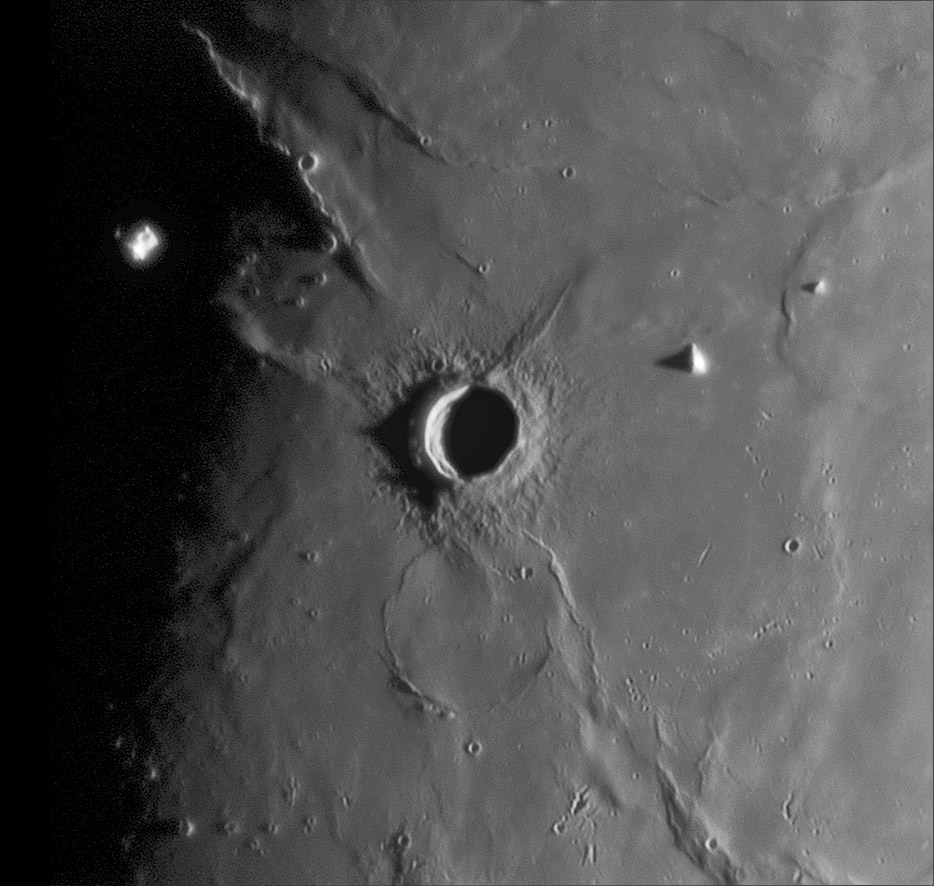Difference between revisions of "May 30, 2010"
| Line 4: | Line 4: | ||
<!-- ws:start:WikiTextHeadingRule:1:<h1> --> | <!-- ws:start:WikiTextHeadingRule:1:<h1> --> | ||
<!-- ws:start:WikiTextLocalImageRule:16:<img src="/file/view/LPOD-May30-10.jpg/145660487/LPOD-May30-10.jpg" alt="" title="" /> -->[[File:LPOD-May30-10.jpg|LPOD-May30-10.jpg]]<!-- ws:end:WikiTextLocalImageRule:16 --><br /> | <!-- ws:start:WikiTextLocalImageRule:16:<img src="/file/view/LPOD-May30-10.jpg/145660487/LPOD-May30-10.jpg" alt="" title="" /> -->[[File:LPOD-May30-10.jpg|LPOD-May30-10.jpg]]<!-- ws:end:WikiTextLocalImageRule:16 --><br /> | ||
| − | <em>image by [mailto:slamm@blueyonder.co.uk | + | <em>image by [mailto:slamm@blueyonder.co.uk </em><br /> |
<br /> | <br /> | ||
| − | Lambert R (for ruin) is [http://www.lpod.org/archive/LPOD-2005-02-18.htm | + | Lambert R (for ruin) is [http://www.lpod.org/archive/LPOD-2005-02-18.htm , on this one I notice something that I overlooked before. Do you see that the bottom half of the wrinkle-ridge circle is offset to the west (left) of the top half? On both sides of the putative crater rim there is a break in the rim ridge; a slightly diagonal line thru the two places where the rim appears to be offset could be the trace of a buried fault. It is possible that the center of Imbrium subsided due to the mass of the lavas and that a fault cut the early R crater. This is what I have speculated removed the southern half of the Sinus Iridum crater. That was a movement downward, but this is a lateral movement. Faults that separate rocks laterally are called strike-slip faults, and they are very rare on the Moon. The evidence that the rim of R has been faulted is not strong, perhaps there are other explanations. It is certainly true that no one has studied the details of how cooling mare rocks drape themselves over underlying crater rims. I wonder if models using cooling wax could provide insight to this common process?<br /> |
<br /> | <br /> | ||
| − | <em>[mailto:tychocrater@yahoo.com | + | <em>[mailto:tychocrater@yahoo.com </em><br /> |
<br /> | <br /> | ||
<strong>Technical Details</strong><br /> | <strong>Technical Details</strong><br /> | ||
| Line 14: | Line 14: | ||
<br /> | <br /> | ||
<strong>Related Links</strong><br /> | <strong>Related Links</strong><br /> | ||
| − | Rükl plate | + | Rükl plate <a class="wiki_link" href="http://the-moon.wikispaces.com/R%C3%BCkl+20">20]<br /> |
Wood, C.A. 8/2006. Lunar Half Craters. S&T 112(2):62-63<br /> | Wood, C.A. 8/2006. Lunar Half Craters. S&T 112(2):62-63<br /> | ||
<br /> | <br /> | ||
<hr /> | <hr /> | ||
| − | <div>You can support LPOD when you buy any book from Amazon thru | + | <div>You can support LPOD when you buy any book from Amazon thru <a class="wiki_link_ext" href="http://www.lpod.org/?page_id=591"LPOD!]<br /> |
</div> | </div> | ||
Revision as of 22:18, 2 January 2015
Strike-Slip?

image by [mailto:slamm@blueyonder.co.uk
Lambert R (for ruin) is [http://www.lpod.org/archive/LPOD-2005-02-18.htm , on this one I notice something that I overlooked before. Do you see that the bottom half of the wrinkle-ridge circle is offset to the west (left) of the top half? On both sides of the putative crater rim there is a break in the rim ridge; a slightly diagonal line thru the two places where the rim appears to be offset could be the trace of a buried fault. It is possible that the center of Imbrium subsided due to the mass of the lavas and that a fault cut the early R crater. This is what I have speculated removed the southern half of the Sinus Iridum crater. That was a movement downward, but this is a lateral movement. Faults that separate rocks laterally are called strike-slip faults, and they are very rare on the Moon. The evidence that the rim of R has been faulted is not strong, perhaps there are other explanations. It is certainly true that no one has studied the details of how cooling mare rocks drape themselves over underlying crater rims. I wonder if models using cooling wax could provide insight to this common process?
[mailto:tychocrater@yahoo.com
Technical Details
22 May 2010, 22:17UT. 10in f4.8 Newtonian, Infinity 2-1M, 5x Powermate, Baader red filter, Avistack, Registax, PSE5, Focus Magic
Related Links
Rükl plate <a class="wiki_link" href="http://the-moon.wikispaces.com/R%C3%BCkl+20">20]
Wood, C.A. 8/2006. Lunar Half Craters. S&T 112(2):62-63
COMMENTS?
Click on this icon File:PostIcon.jpg at the upper right to post a comment.



